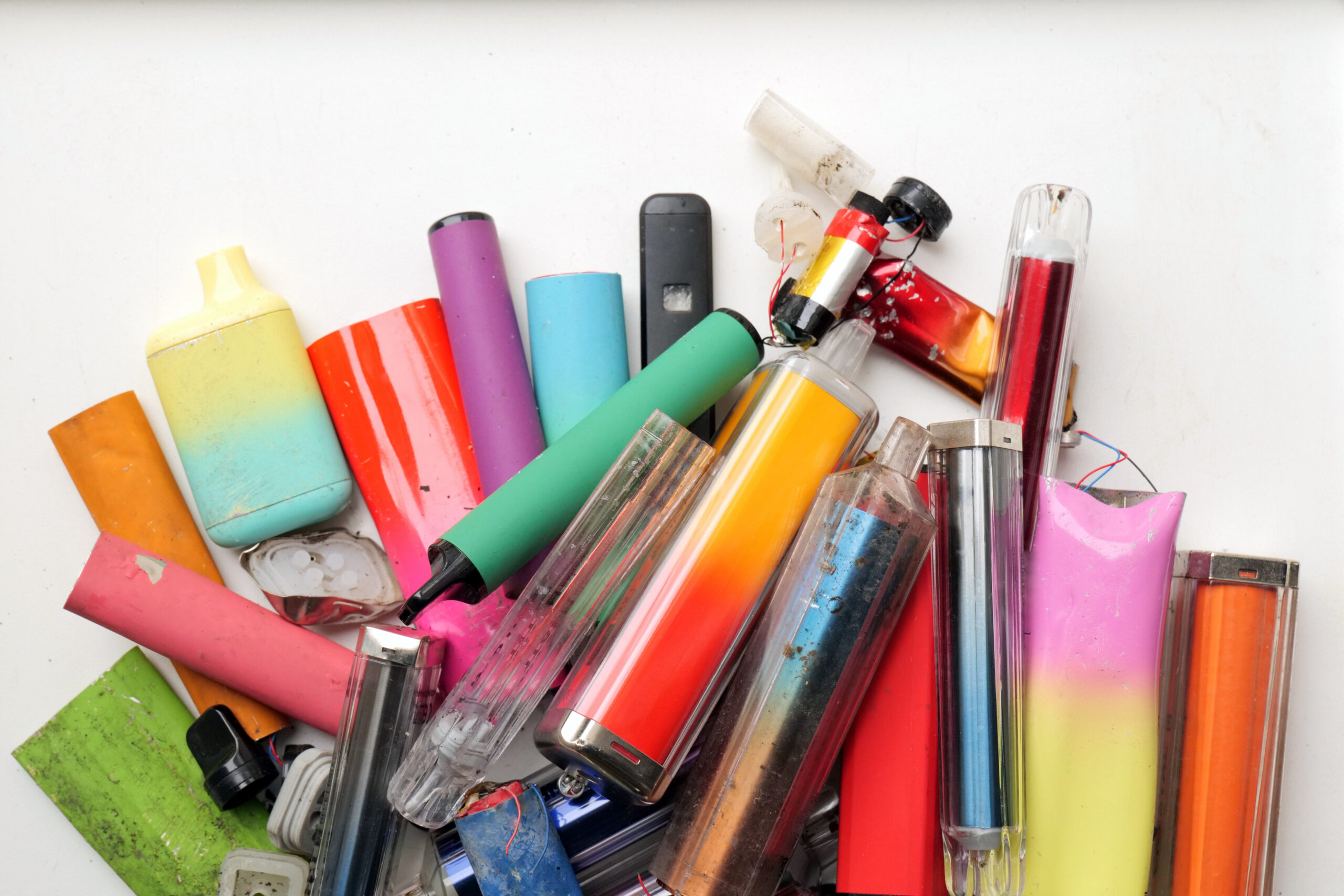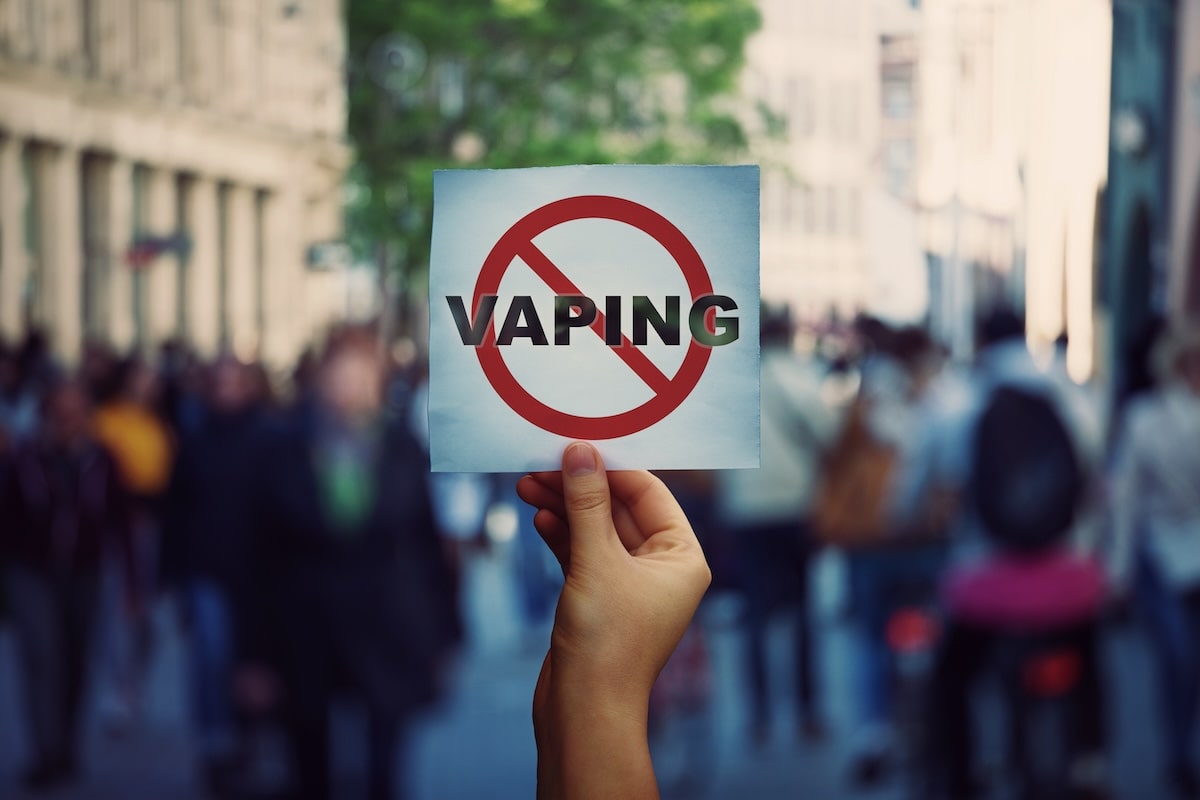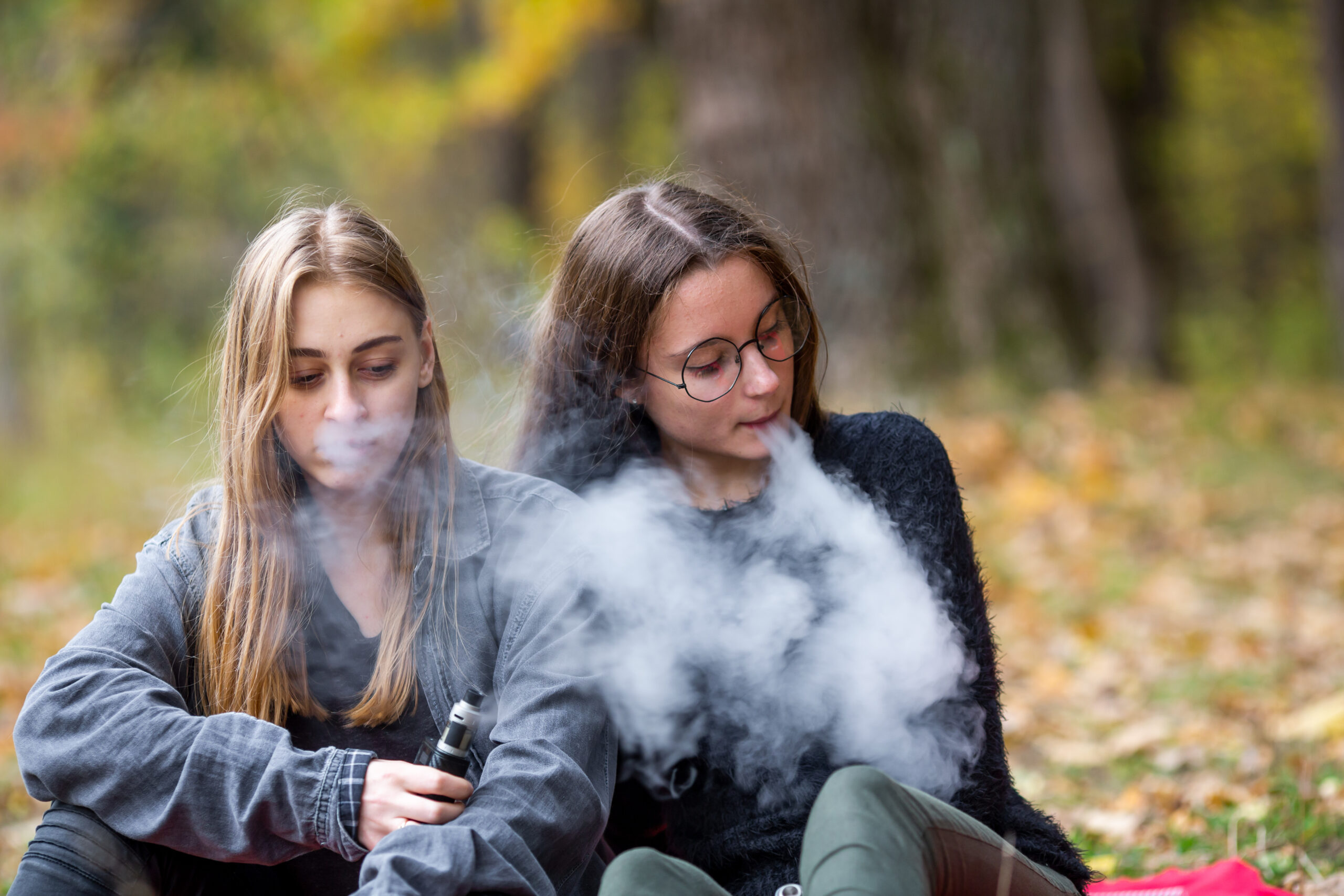Australia becomes first country to restrict vape sales to pharmacies
Is it too late for the “vaping genie” to be put back in the bottle?

As reported by Science & Technology reporter Vishwam Sankaran in The Independent Australia has implemented stringent new regulations on vapes, making it the first country to ban their sale outside pharmacies.
As of July 1, vapes can only be sold in plain colours and packaging, and their supply, manufacture, import, commercial possession, or sale is restricted exclusively to pharmacies.
These regulations apply even to non-nicotine vaping devices.
New hard hard-hitting vaping regulations in Australia
Australians will now need a prescription to purchase vapes, and even then, they cannot access many popular flavours, particularly those favoured by younger users, such as “bubble gum.”
The government mandates that so-called “therapeutic vaping products” should be stored behind pharmacy counters, with tightly controlled nicotine concentrations and dispensing quantities.
These products will feature plain, pharmaceutical-like packaging, and flavours will be limited to tobacco, menthol, and mint.
Pharmacists are required to verify photo identification and discuss the health risks of vaping with purchasers.
What are the objectives of the restrictions?
The primary goal of these laws is to restore vapes to their original purpose: aiding individuals in quitting smoking.
Australian Health Minister Mark Butler emphasised the need for timely action, stating that convenience stores or tobacco shops caught selling vapes would face fines up to AUS$ 2 million (approximately £1M/US$1.3M), with the store owners facing up to seven years in jail.
Who will enforce the laws?
To combat the illegal sale of vapes, Australia will establish a new governmental role, the Illicit Tobacco and E-cigarette Commissioner.
The effectiveness of the new laws will be reviewed in three years.
The Pharmacy Guild of Australia has expressed concerns about the new regulations, citing the lack of guidelines for dispensing “unregulated substances with no established therapeutic benefit.”
They questioned how pharmacists could make informed decisions about patient safety given the unknown long-term effects of vapes.
Health Minister accuses Big Tobacco of targeting youngsters
A recent survey indicated that approximately one in five Australians aged 18 to 24 had used vapes at least once.
The government aims to protect young Australians and the broader community from the harms of recreational vaping through these new laws.
Health Minister Butler condemned recreational vaping as a significant public health threat, particularly for children and young people.
He accused Big Tobacco of exploiting vaping as a means to recruit a new generation to nicotine addiction, despite the products being initially marketed as a therapeutic tool to help smokers quit.
John Dicey, Global CEO of Allen Carr’s Easyway, comments,
“To an extent, I agree with Australian Health Minister Mark Butler, who claims that the right time to have done this was five years ago, and having failed to do that, the next best time is now!
I think tighter regulation of vaping advertising, marketing, and sales is essential but these laws present challenges; prohibition rarely works, and the new legislation should incorporate more help for those addicted to vaping to get free from their addiction.
It’s been proven time and again that bullying and demonising smokers doesn’t help them to quit, and the same goes for those addicted to vaping.
It can create a siege mentality, making addicts less resistant to seek help to quit, and amongst youngsters, it can create the rebellious allure of “forbidden fruit” available via a burgeoning black market.
It does seem peculiar that vaping, pitched as a harm reduction product, should be less easily available than cigarettes, which kill one in two of the people who use them, so perhaps tighter controls on the sale of cigarettes as well as vapes makes more sense.
Plain packaging, no point-of-sale marketing or display, and seriously big fines and prison sentences for store owners who flout age restrictions would be a positive way forward for cigarettes and vape regulations.
Can we force the vaping genie back into the bottle? No. What we can do, though, is protect the next generation of kids from being targeted by Big Nicotine and help those already addicted to get free”.




